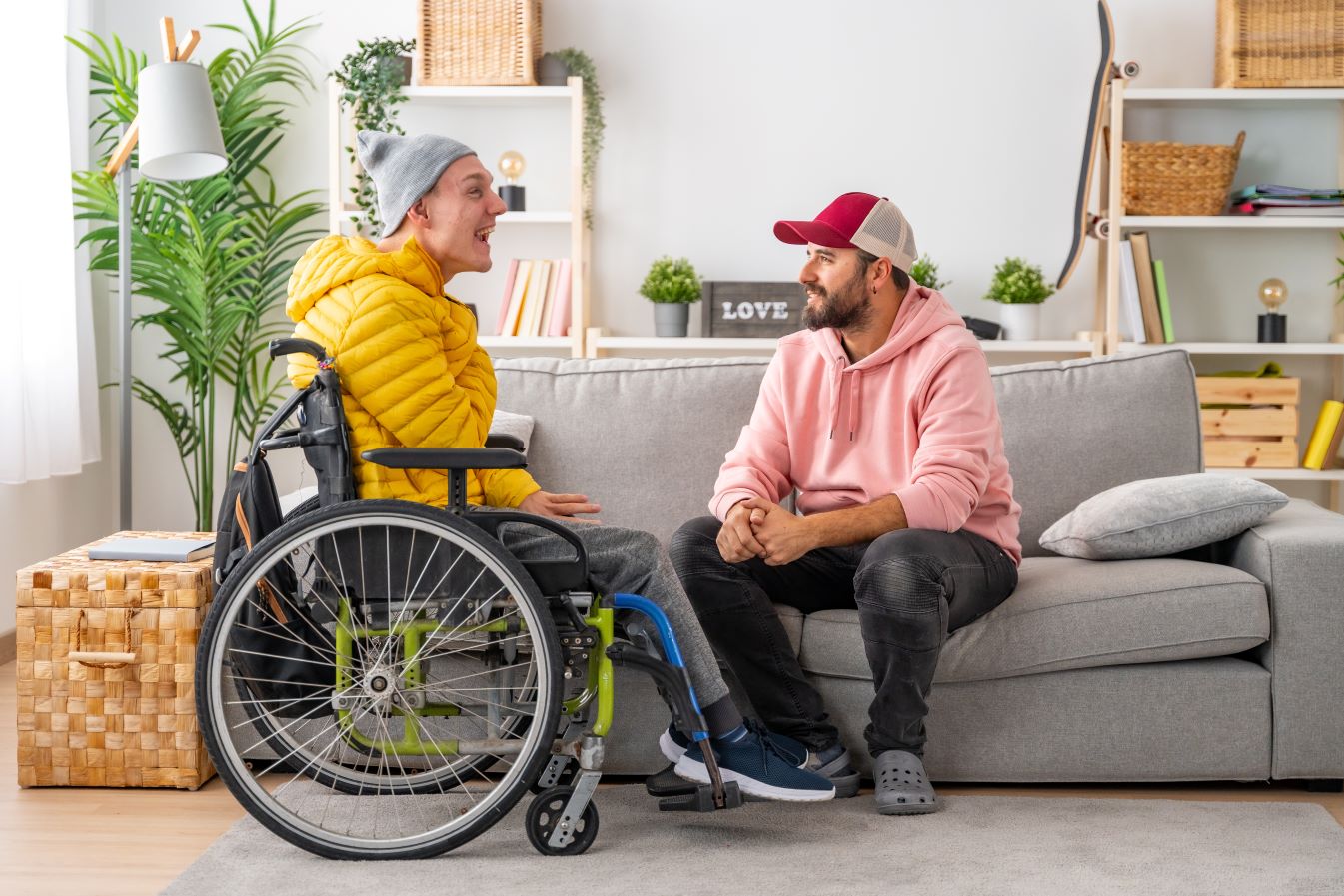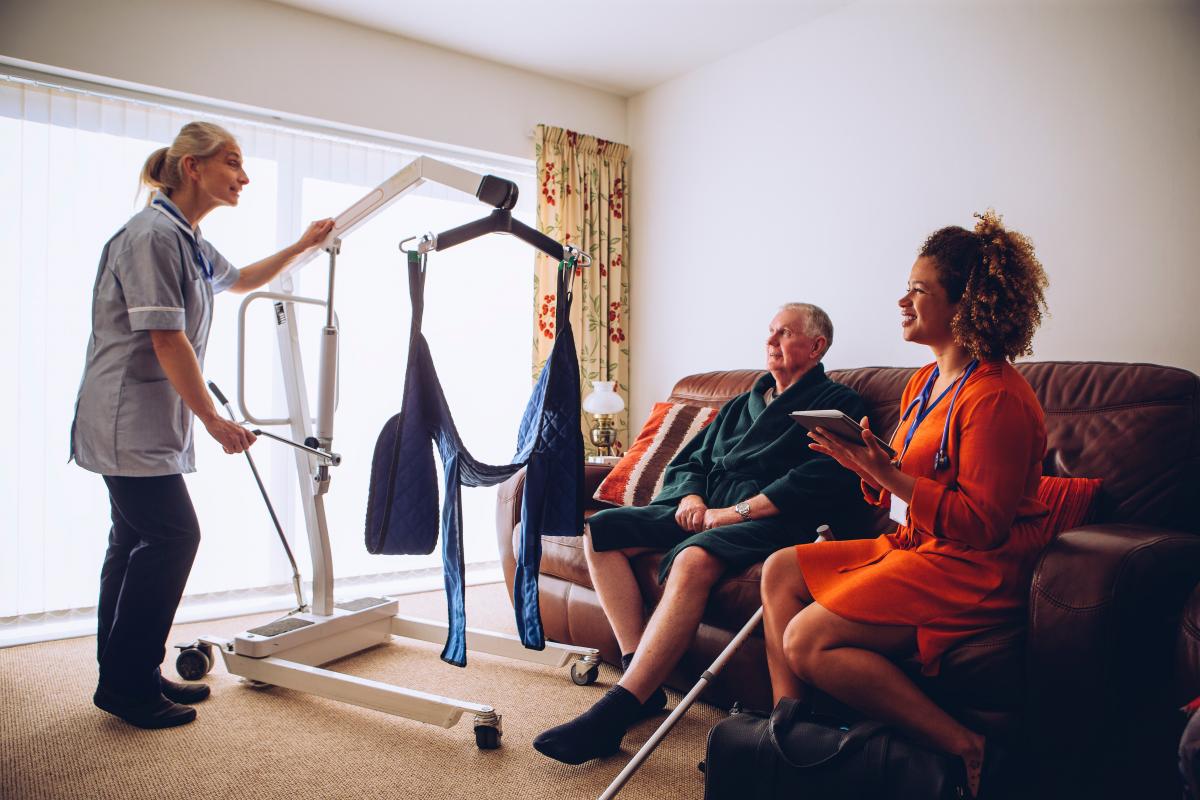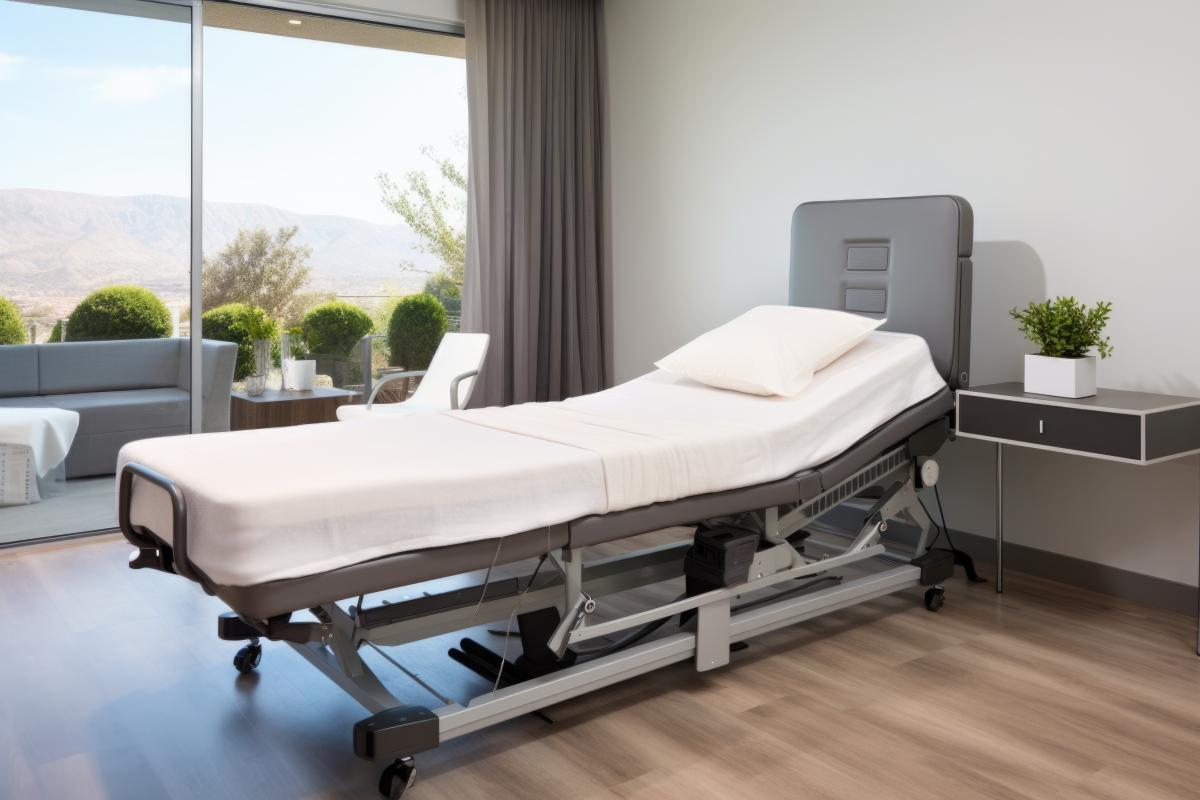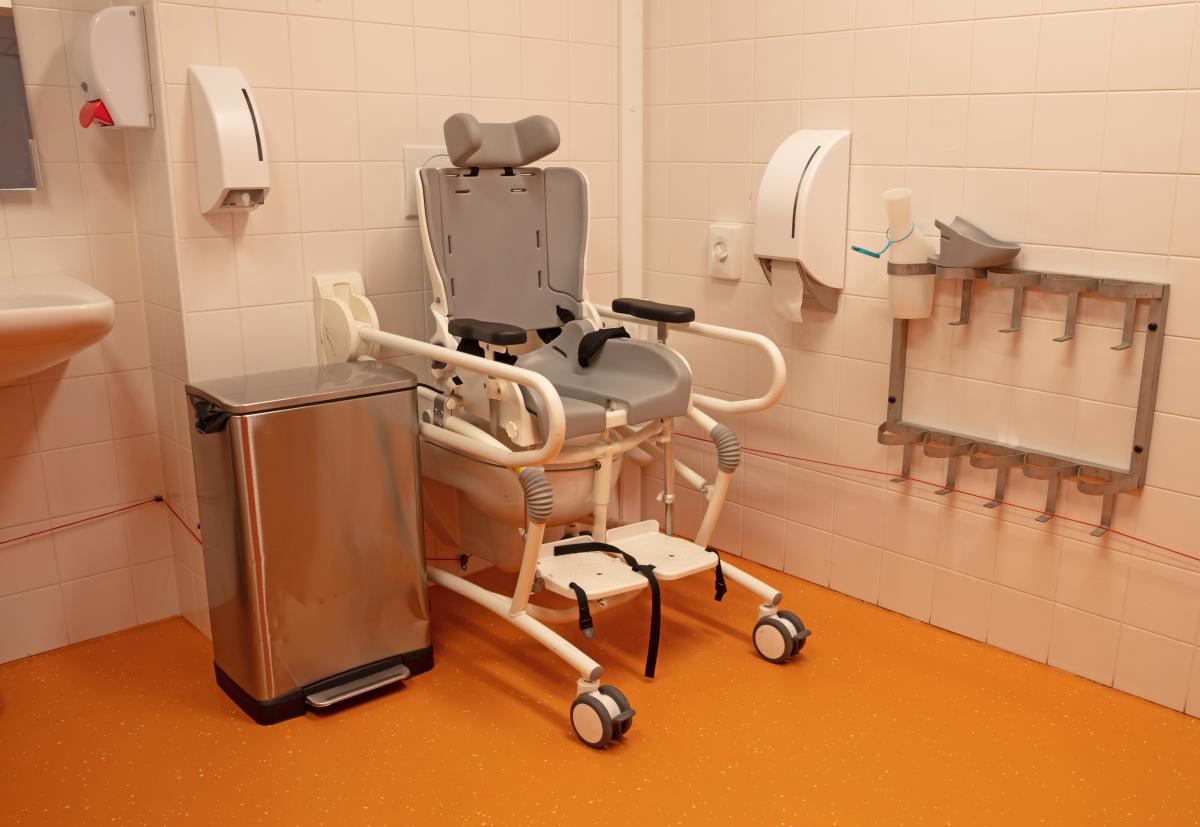
Intellectual Disability and Supported Independent Living (SIL)
Supported Independent Living (SIL) is the support or supervision of daily tasks by paid support workers to help you to live as independently as possible.
This support can be received individually in your own home, or to a group of people who live together.
SIL is typically funded if your diagnosis of intellectual disability has a moderate to severe impact on your functional capacity.
SIL may be suitable for you if you require both:
- active disability support for more than 8 hours per day to complete daily activities in the home
- some level of support for the other hours
SIL is typically funded for those who require support for 24 hours per day, 7 days per week, including overnight support.
Overnight support may be active, where more than two hours of direct assistance is provided. Inactive or sleepover support involves less than two hours of assistance provided to you.
Intellectual Disability and Functional Capacity
The term “functional capacity” is thrown around a lot in the NDIS space. What does it mean?
Functional capacity is a snapshot of how independent you are, or how much support you require, to complete a particular task or activity that is meaningful in your life. How much difficulty you may have to complete a task, and how much time and effort is required, is also taken into consideration.
Your functional capacity to perform certain tasks may vary across different aspects of your daily routine.
Your functional capacity may also be impacted by access (or lack of access) to assistive technology, or whether you live in an accessible environment or not.
How can SIL help me?
The support you receive through SIL relates directly to your support needs in the home.
SIL support must cater to your individual needs for the various activities that make up your day at home. You may require a higher intensity of support in the morning compared to the afternoon and overnight, for example.
SIL may include the following supports for people with an intellectual disability:
- Assistance with personal care, like showering, dressing and toileting
- Assistance with household tasks such as cleaning, preparing meals, washing clothes and cleaning
- Active overnight and/or sleepover support
- Assistance with complex medical needs
- Positive behaviour support management
- Assisting with administering medication and management of health needs related to your disability, such as bowel care, catheter, epilepsy, asthma and tube feeding
Intellectual Disability and High Physical Support Needs in SIL
As intellectual disability can result in a significant functional impairment, high support needs may be present. This may be the case if your intellectual disability is classified as severe or profound.
This means that increased time and support is required to assist with performing activities of daily living.
High support needs usually means you require a 1:1 or 2:1 ratio of support for personal care tasks and other activities.
Ratio of Support
A ratio of support describes how many disability support workers will provide your support, and how many participants you’ll share this support with.
1:1 support means that you are receiving direct support from one support worker to assist you to engage in an activity, i.e. grooming tasks.
2:1 support means that you are receiving direct support from two support workers to assist with an activity. The additional support worker is usually necessary to assist with operating assistive technology. This may be due to manual handling requirements to keep you and your staff safe.
Manual Handling
Manual handling is the term used to describe the physical assistance provided for transferring and repositioning.
Every participant in SIL who receives manual handling assistance should have a Manual Handling Plan. This is to minimise the risk of injury involved when receiving care.
Safe manual handling may be necessary for someone with an intellectual disability who is unable to move independently to transfer between surfaces, i.e. bed to chair, or to reposition i.e. when laying in bed.
Intellectual Disability and Assistive Technology in SIL
High physical support needs typically involve the use of assistive technology (AT).
You may be able to operate some assistive technology devices yourself.
Alternatively, you may require support from your SIL staff to operate assistive technology and assist with manual handling.
Examples of Assistive Technology for Intellectual Disability
Common assistive equipment used by people with an a severe or profound intellectual disability who have high support needs includes:
- Wheelchair
- Mobile Hoist or ceiling hoist
- Sling
- Mobile shower commode
- Hi-lo adjustable bed
- Alternating air mattress
- Recliner Chair (with customisable features and high-pressure relief)




How do I find an NDIS SIL Provider?
When SIL is approved in your NDIS Plan, you are not automatically allocated to a provider. You have choice and control over the provider you engage with for SIL.
Need help finding a SIL provider?
Get in touch with the MyCareSpace Connections Team for assistance to find a SIL services in your area and nagivate the NDIS.
NDIS THERAPY FINDER - FREE SERVICE
LET US FIND YOU A SKILLED SUPPORT WORKER

